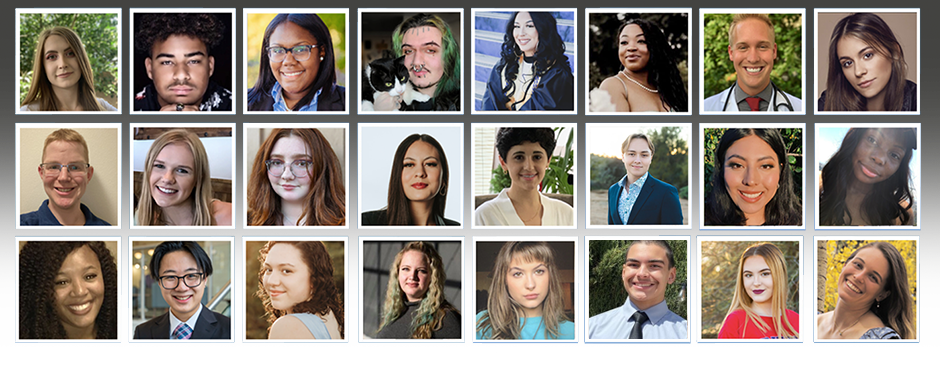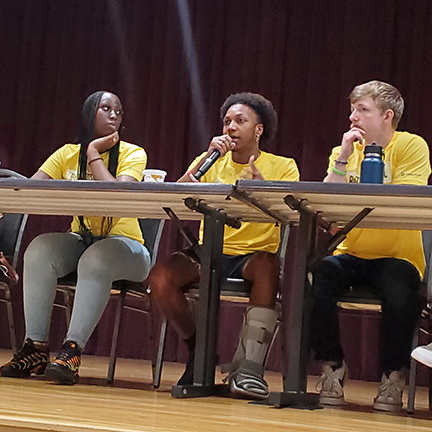5 things
every young person in foster care deserves to know.

1. You're not alone.
Every two minutes, someone goes into foster care somewhere in the United States. That adds up to a LOT of other young people who are also experiencing foster care. Sometimes it can be hard to know WHO else has been in foster care, because sometimes it's not something people want to talk about.
FosterClub is a place where you can connect to other young people who are currently in foster care or have experienced foster care in the past.

2. It's not your fault.
Sometimes young people feel guilty for being placed in foster care. While it is understandable why a youth might feel this way, however it is never true being placed in foster care is a young person's fault. For example:
It is not uncommon for youth to think the following things. Reality, however, may be quite different (click the + sign to see what the real picture may be).
* These scenarios do not represent answers to all situations. They are are meant to be examples to help a young person understand there is almost always an alternative explanation to any fault they feel about entering foster care.
3. There are resources available to you.
Foster care is designed to help you (and your family members) get on track for a healthy life. There are programs and services that are available to you, as a young person in foster care, that you may not have had access to previously. If any of benefits listed below are interesting to you, be sure to ask a foster parent, caseworker, therapist, CASA or GAL, or Judge about:
Health Care
To pay for regular check-ups and help with medical issues.
Dental Care
Including regular check-ups and help with tooth problems.
School Support
To help you catch up if you are behind in school or to address learning challenges.
Therapy
To help you understand and cope with all of the things that are going on.
Clothing
An allowance to pay for basic new clothing, including shoes.
Sports and Other Activities
To help you develop your interests. Can include costs for lessons, participation fees, and equipment.
There are even more resources available — so be sure to ask for what you need. You can also check out FosterClub's HELP HUB to find resources in your state.
4. You have rights.
Young people have specific rights while in foster care. It can be difficult to know exactly what your rights are, because rights are different in every state (and sometimes different depending on what city or county you live in). Some youth have special rights connected to their identity, like if you have Native American background.
Agencies are required to provide every young person age 14 and older with a list of their rights in foster care. The list of rights should also include information about how to report a violation of your rights.
If you are being refused a list of your rights, or have questions about your rights, consider contacting FosterClub.
5. Your voice matters.
There are three main ways that you can use your voice in the foster care system.

In Your Own Case
People want to hear your thoughts about how to best support you in foster care, including the Judge who oversees your foster care case. Ask your caseworkers about what meeetings take place and how you can attend, so that you can be sure to be heard.

To Support Other Youth
Young people are often the best providers of support for their peers. You can provide support to other youth who are going through what you've been through. Check out this example of FosterClub's Peer Navigators.

To Improve Foster Care
Young people like you are making themselves heard and are changing how the foster care system works. Learn more about Lived Experience (LEx) Leadership and meet some great LEx Leaders, like the FosterClub AllStars and the National Foster Care Youth & Alumni Policy Council.
